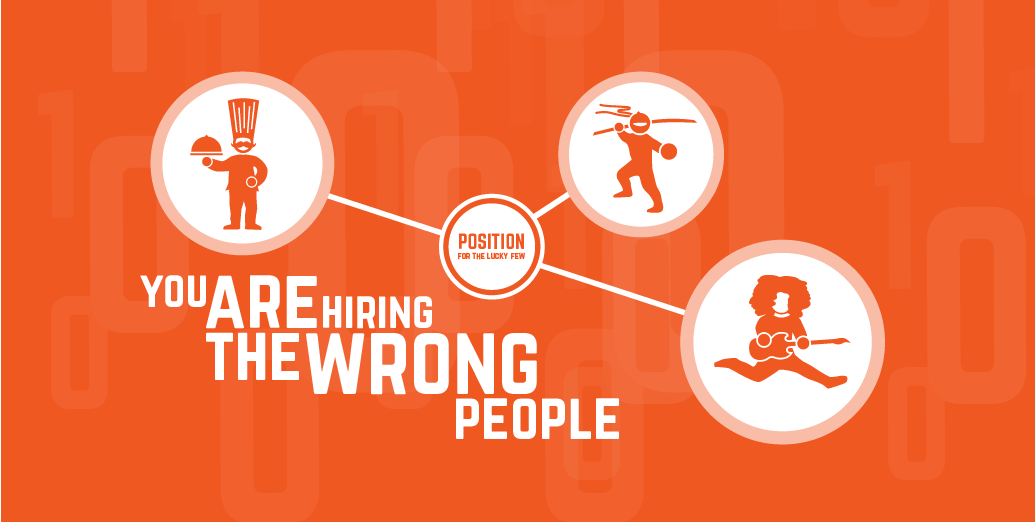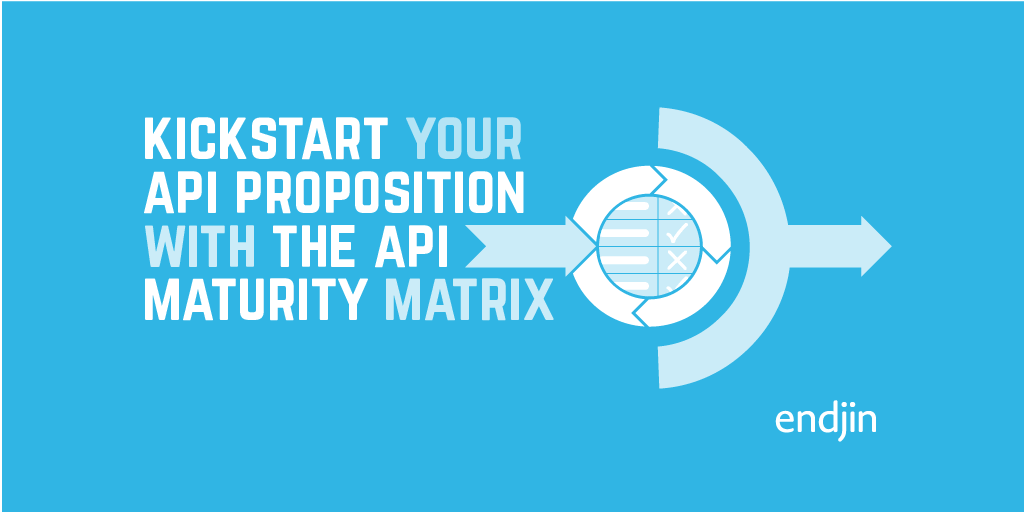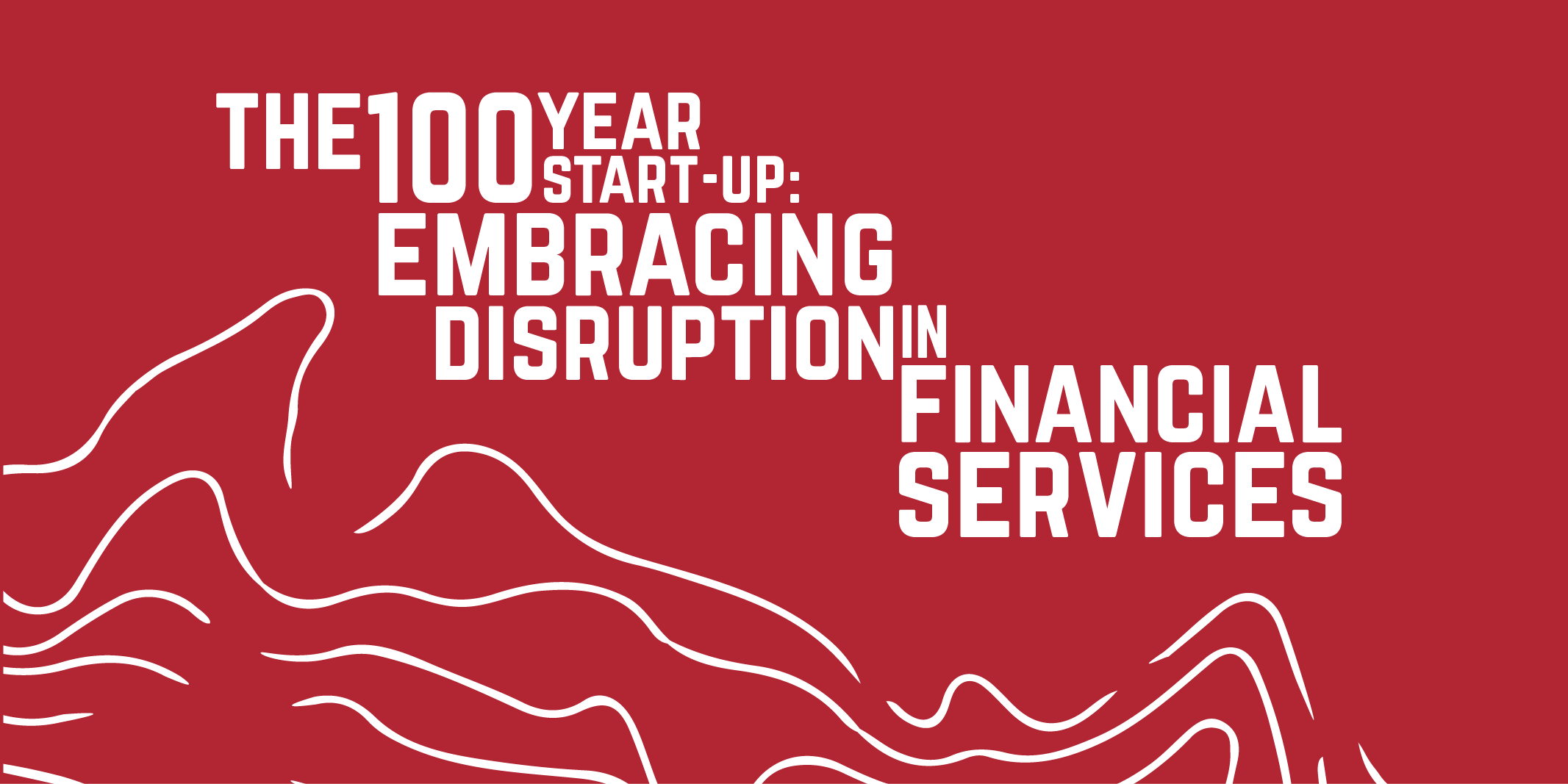What makes a successful FinTech start-up?

Today, we are talking about what it takes to make a FinTech start-up succeed.
So, what are the ingredients for a great FinTech start-up?
The UK Government published a report commissioned from EY on the leading locations for FinTech start-ups. It decided that the UK (by which it largely means London) was in prime position. You can argue the relative scores of the different territories, but the metrics it chose are core to the success of a FinTech start-up.
- Talent The availability of technical, financial and entrepreneurial talent
- Capital The availability of financial resources for start-up and scale-up
- Policy Government policy across regulation, tax and sector growth initiatives
- Demand End-client demand across consumers, corporates and financial institutions
Source: EY
They also characterise the nature of a typical FinTech start-up
- Customer-centric
- Legacy-free
- Asset light
- Scalable
- Simple
- Innovative
- Compliance light
Source: EY
Of this list, I would highlight customer-centric and simple as the most important components that are actually within your control.
They also outline some of the areas of innovation
- Banking and paymentsContactless, P2P, identity management, financial inclusion & "off-rail" payments
- Credit and lendingP2P lending, crowdfunding
- InsuranceTelemetics, wearables, autonomous vehicles, Internet of Things
- Investments & PensionsRoboadvice, visualization
Source: EY
In common with our discussion yesterday, they also clearly identify open data, blockchain and smart contracts as future underpinnings of all these innovations.
One area that is underemphasised in this report is the development of the API Economy. There is a substantial opportunity for FinTech start-ups to provide technology bridges between the ultimate consumer and various other players in the ecosystem. Part of the simplicity agenda is not to become a monolithic provider, but to identify a high-value niche where smart technology can add value without having to take on a heavy infrastructural workload.
If you want to talk about how your business can foster customer-centric, simple, legacy-free innovation, then please drop us a line; we'd love to help to understand your scenario.




